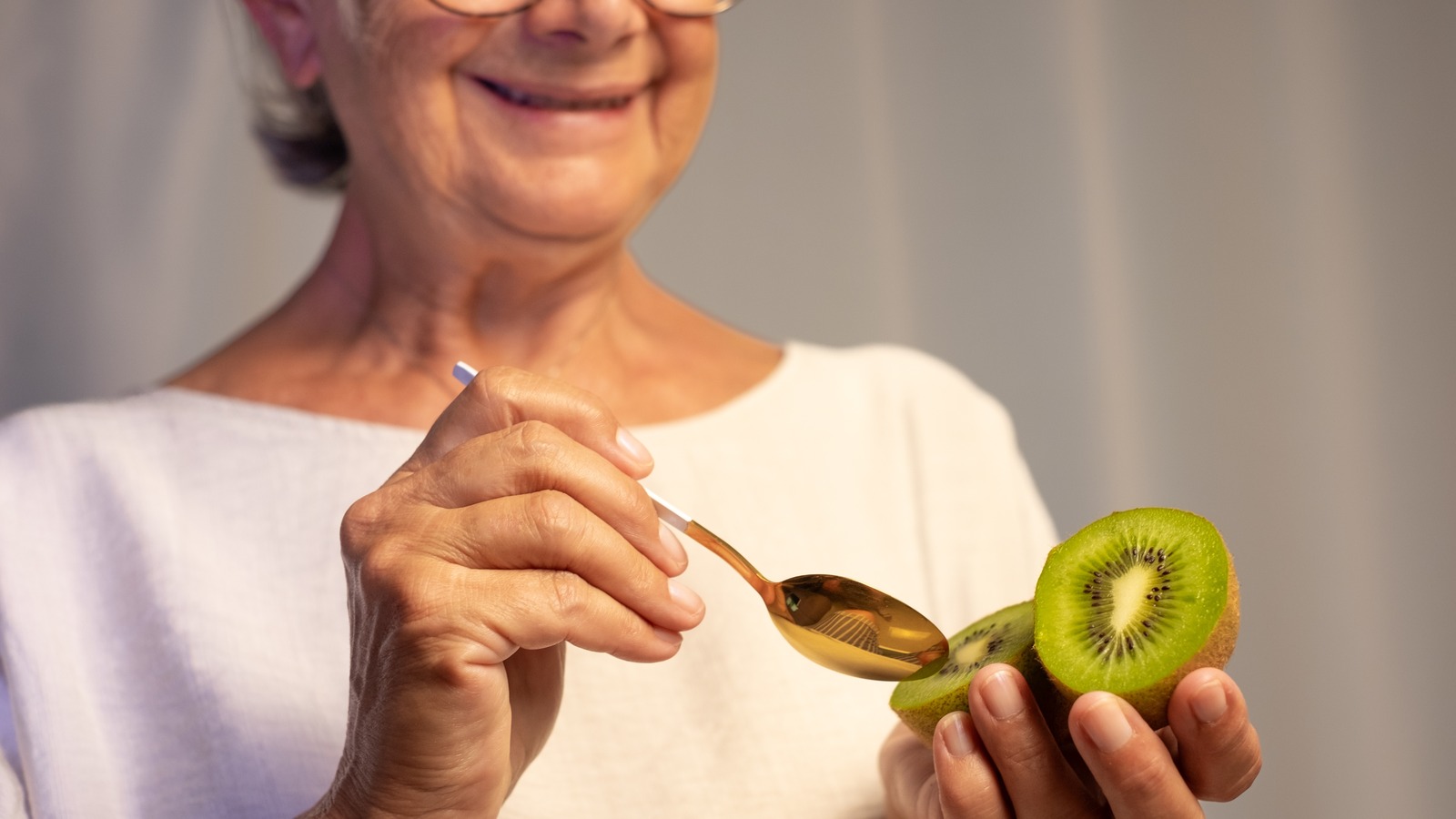
In a 2011 study published in the Asia Pacific Journal of Clinical Nutrition, researchers recruited 24 participants to analyze how kiwi consumption impacted sleep. One hour before going to bed, participants ate two kiwifruits nightly over the course of four weeks. By the end of the study, the researchers saw reductions in the time it took participants to fall asleep. Boosts in sleep duration and sleep efficiency were also reported. Although more study is needed, the researchers cited kiwifruit’s antioxidant and serotonin content as potential contributing factors in the fruit’s sleep-enhancing effects, which they noted may be particularly helpful for individuals struggling with sleep disorders.
In a 2024 research paper published in the Journal of Pharmacology and Pharmacotherapeutics, experts note how antioxidants may enhance sleep quality by protecting against harmful free radical damage, which can otherwise wreak havoc on our sleep patterns. When it comes to serotonin, experts from a 2019 animal study published in Neuron found that a lack of serotonin was correlated with decreases in sleep pressure, one of two components necessary for sleep, with the other being an aligned circadian rhythm.